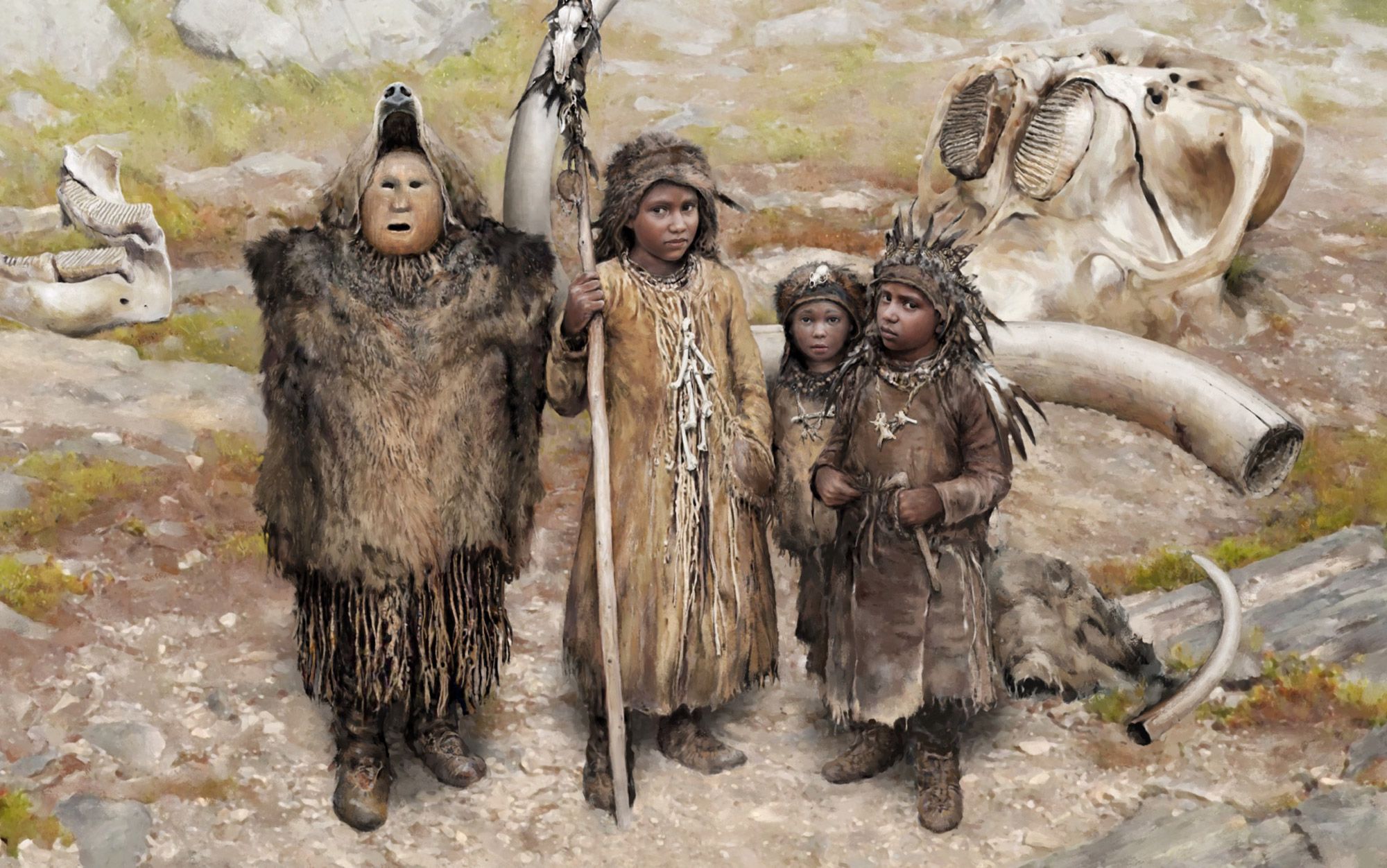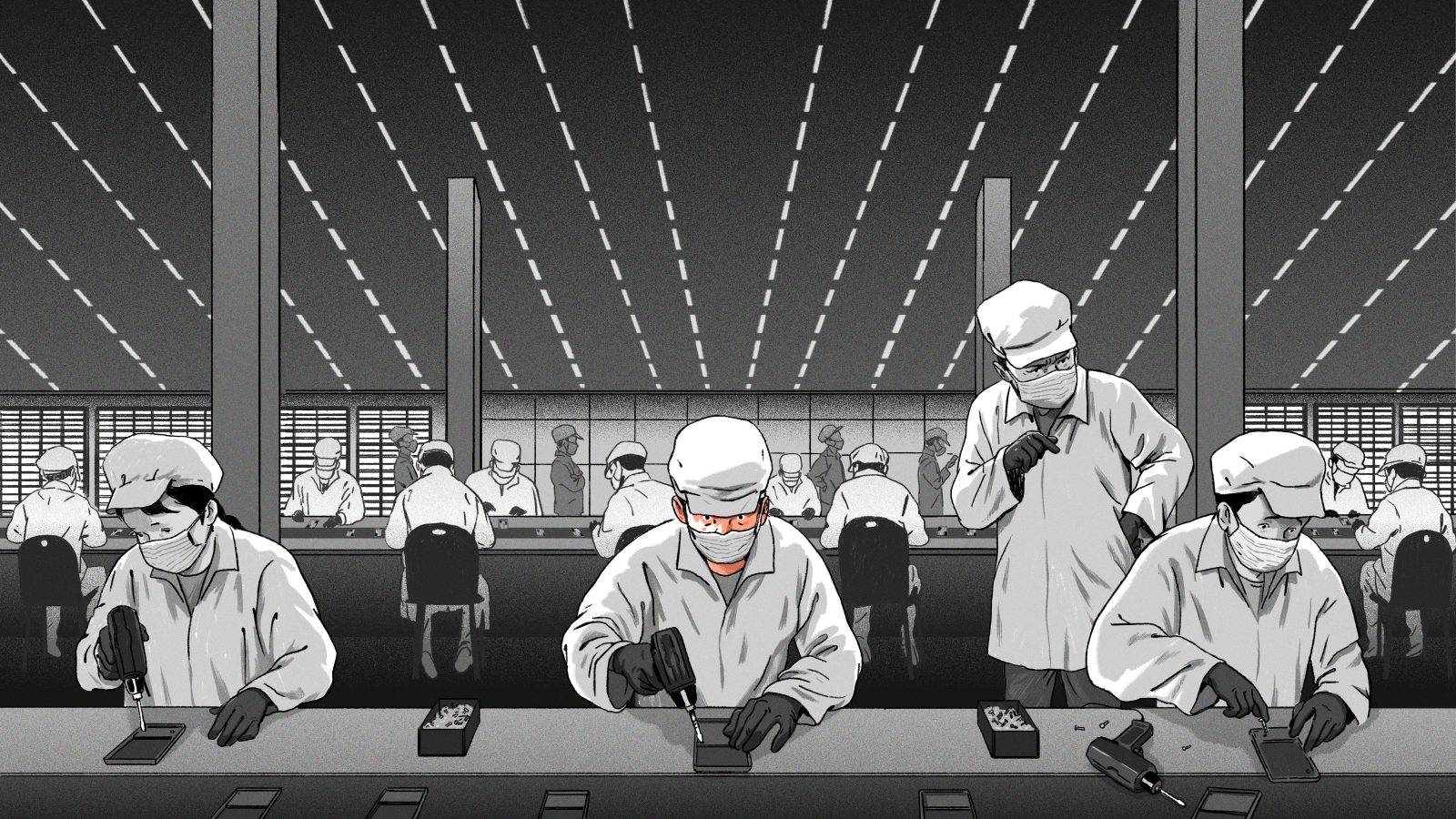Microsoft is making a desperate play. Having spent billions on a search engine that no one uses, the company has sunk billions more into equipping it with the chatbot technology ChatGPT, on the theory that answering queries with automatically generated, falsehood-strewn paragraphs rather than links to webpages will be what finally persuades users to switch from Google Search.
Microsoft’s move is understandable: It has tried everything to make Bing a thing, and failed. Harder to understand is why Google is copying Microsoft, with a plan to cram chatbots into every corner of the Googleverse.
To explain why Google has been spooked into doing something so drastic and improbable, we need to consider the company’s history, which has been characterized by similar follies.
In 2010, Google abruptly pulled out of China, after Chinese hacking of Gmail proved to be, finally, too unpalatable for the company. Google had spent four years avidly cooperating with the Chinese Communist Party to censor search results, only to see its infrastructure attacked with, analysts suspected, the government’s acquiescence at a minimum. That must have stung.
Read the rest of this article at: The Atlantic
The sun rises on the Palaeolithic, 14,000 years ago, and the glacial ice that once blanketed Europe continues its slow retreat. In the daylight, a family begins making its way toward a cave at the foot of a mountain near the Ligurian Sea, in northern Italy. They’re wandering across a steppe covered in short, dry grasses and pine trees. Ahead, the cave’s entrance is surrounded by a kaleidoscope of wildflowers: prickly pink thistles, red-brown mugworts, and purple cornflowers.
But before entering, this hunter-gatherer family stops to collect the small, thin branches of a pine tree. Bundled together, covered with resin and set alight, these branches will become simple torches to illuminate the cave’s darkened galleries. The group is barefoot and the path into the cave is marked by footprints in the soft earth and mud. There are traces of two adults, a male and female, with three children: a three-year-old toddler, a six-year-old child, and an adolescent no older than 11. Canine paw prints nearby suggest they may be accompanied by pets.
Carrying pine torches, they enter the base of the mountain. At around 150 metres inside, the family reaches a long, low corridor. Walking in single file, with only flickering firelight to guide them, they hug the walls as they traverse the uneven ground. The youngest, the toddler, is at the rear. The corridor soon turns to a tunnel as the ground slopes upward, leaving less than 80 cm of space to crawl through. Their knees make imprints on the clay floor. After a few metres, the ceiling reaches its lowest point and the male adult stops. He then pauses, likely evaluating whether the next section is too difficult for the littlest in the group. But he decides to press on, and the family follows, with each member pausing in the same spot before continuing. Further into the cave, they dodge stalagmites and large blocks, navigate a steep slope, and cross a small underground pond, leaving deep footprints in the mud. Finally, they arrive at an opening, a section of the cave that archaeologists from a future geological epoch will call ‘Sala dei Misteri’ (the ‘Chamber of Mysteries’).
Read the rest of this article at: Aeon
Chinese factory laborers call jobs like Hunter’s “working the screws.” Until recently, the 34-year-old worked on the iPhone 14 Pro assembly line at a Foxconn factory in the central Chinese city of Zhengzhou. His task was to pick up an iPhone’s rear cover and a tiny cable that charges the battery, scan their QR codes, peel off adhesive tape backing, and join the two parts by tightening two screws. He’d then put the unfinished phone onto a conveyor belt that carried it to the next station.
Hunter had to complete this task once every minute. During a normal 10-hour shift, his target was to attach 600 cables to 600 cases, using 1,200 screws. Every day, 600 more unassembled iPhones awaited him.
Apart from a strictly timed hour-long lunch break, he spent his days inside a windowless workshop that smelled of chlorine, wearing an antistatic gown and a face mask. If he needed to take a toilet break, he had to make up for lost time. Behind the assembly line, supervisors — known as xianzhang, or “line leaders” — monitored workers’ progress on a computer and frequently admonished those who fell behind.
Read the rest of this article at: Rest Of World
At 11.09am on 14 December 2021, a man wearing a black baseball cap and a long auburn wig rang the bell at the Securitas offices in the Spanish city of Tarragona. It was a poor disguise, and when he entered the reception area on the first floor, staff quickly recognised Marin Eugen Sabau, a burly 45-year-old security guard who had been on sick leave for the previous six months.
Securitas is one of the world’s biggest security companies, with 345,000 employees worldwide, but this local office was nothing fancy – grey floor tiles, white laminated furniture, corporate advertising on the walls. “We help make your world a safer place,” read one slogan. In the cluttered main office, Luisa Rico, a 58-year-old junior manager with cropped silver hair and green eyes, was printing out documents. She recognised Sabau’s voice but was not alarmed that he had dropped by unexpectedly. He sounded calm as he talked to a colleague in the reception area. She did not know he was carrying a pistol, or that he planned to shoot her.
Over the next few minutes, Sabau’s voice grew louder as an argument broke out. When Rico opened a security door to see what was going on, Sabau was just a few feet from her. He had discarded the wig and was pointing a pistol with a long black silencer into a meeting room. He fired at José Manuel Maestro, the company’s provincial manager, who fell to the floor. Then Sabau spun around to face Rico. In the instant before she slammed the door, he pulled the trigger again. “A puff of smoke rose from my sleeve,” Rico recalled. “The pain was terrible.”
Read the rest of this article at: The Guardian
On 17 June 2018, from the confines of his cell in Catanzaro Prison, Italy, Emanuele Mancuso started to write a letter. For weeks, Mancuso had been locked up, awaiting trial for masterminding a multimillion-Euro cannabis plantation in the remote Calabrian hills. Though the charges were serious, they alone weren’t enough to faze Mancuso, who at 30 years old was a lifelong member of the ’Ndrangheta, the Calabrian mafia. “I would have [likely] spent a couple of years in prison and a couple more under house arrest,” Mancuso told me recently. Light enough work for someone used to pinballing in and out of the Italian justice system since his late teens.
The ’Ndrangheta is one of the most notorious and feared mafia groups in Italy and the world. Its cells have spread from its heartland in southern Italy, from Europe to Colombia, Melbourne to Montreal. At home, the mob’s presence is felt at every level of civic life, from regional politics to refuse collection. “All formal decisions come from Calabria. The power and the orders,” Emanuele Mancuso says. Once considered the poorest and most backward of Italy’s three dominant mafias, the ’Ndrangheta is now universally acknowledged as a global behemoth, with an estimated annual turnover of £44 billion – more than McDonald’s and Deutsche Bank combined.
Emanuele was intimately familiar with the mafia’s operations, for a simple reason: it’s the family business. The Mancusos are one of the most powerful families in the ’Ndrangheta; the clan’s leader, Luigi Mancuso, is Emanuele’s uncle. Many of his siblings and cousins work for the mafia, many of them notorious criminals in their own rights. Emanuele himself had been working for the ’Ndrangheta since he was a boy. For decades, he had done the family’s bidding, committing petty crimes and more violent ones, working his way up the clan’s hierarchy, until his arrest in 2018.
Read the rest of this article at: GQ









